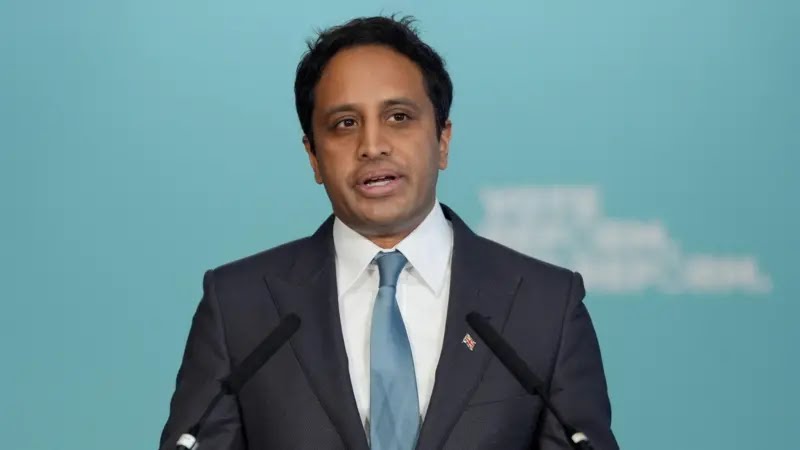Reform UK’s parliamentary candidate Zia Yusuf has reversed his decision to resign from the party, rejoining just two days after announcing his departure. The unexpected move has added to the political turbulence surrounding Reform UK’s campaign ahead of the upcoming general election.
Yusuf, who was selected to stand in London, had initially stepped down citing concerns over internal party disagreements and a lack of clarity around key policy directions. In a statement released at the time of his resignation, he expressed frustration with the party’s leadership, particularly in relation to candidate selection processes and strategic communication.
However, on Monday, Yusuf confirmed he would be rejoining Reform UK, saying he had “constructive discussions” with party leader Richard Tice and that he had received assurances regarding the party’s direction and inclusivity. His return was accompanied by a renewed statement of support for Reform UK’s platform, especially its hardline stance on immigration, law enforcement, and post-Brexit trade.
“I’ve always believed in Reform UK’s mission to challenge the political establishment and bring common-sense solutions to the forefront,” Yusuf said. “After productive talks with party leadership, I am satisfied that the concerns I raised are being addressed, and I remain committed to representing our values and supporting our campaign.”
Yusuf’s resignation and return have raised questions about internal party dynamics and have drawn attention to growing pressure within Reform UK to maintain a unified message. Sources within the party suggest that Yusuf’s concerns were not isolated and that other candidates had also expressed unease about campaign direction and messaging.
Richard Tice, responding to Yusuf’s reinstatement, welcomed him back, describing him as “a passionate advocate for change” and “a valuable member of the Reform UK team.” Tice added, “We are a party that listens. Zia Yusuf’s concerns were heard, discussed, and resolved. We’re moving forward with strength and unity.”
Political analysts say the episode illustrates the volatility facing smaller parties as they try to gain traction in a crowded electoral landscape. Reform UK, which has campaigned vigorously on anti-immigration and anti-establishment platforms, is polling in the single digits nationally but has shown stronger support in certain regions.
Chris Mason, BBC’s political editor, noted that while Yusuf’s departure and quick return may appear chaotic, it also reflects the fluid nature of emerging political forces. “Parties like Reform UK are still solidifying their identities,” Mason said. “Candidate turnover, internal disagreements, and abrupt leadership decisions are common during such phases.”
The incident has, however, opened the door to criticism from political opponents. A spokesperson for the Liberal Democrats described the episode as “embarrassing flip-flopping that exposes the lack of discipline within Reform UK.” Labour’s campaign office issued a brief statement saying, “If they can’t manage themselves, how can they expect to manage the country?”
Yusuf, for his part, appears to be trying to put the controversy behind him. He has resumed campaign activities and is expected to participate in Reform UK’s upcoming policy launch events. In media interviews following his return, he emphasized his commitment to addressing rising living costs, youth employment, and the need for stronger border controls.
Despite the setback, Reform UK’s leadership insists that the campaign remains on track and that Yusuf’s re-entry is a testament to the party’s internal accountability. “We do things differently,” said Tice. “We have honest conversations. We don’t suppress disagreement—we resolve it.”
As the general election approaches, all eyes will be on whether Yusuf’s return marks a stabilizing moment for the party or a precursor to further disruptions. Either way, his political U-turn has added a dramatic twist to Reform UK’s campaign narrative.
Source: BBC News



